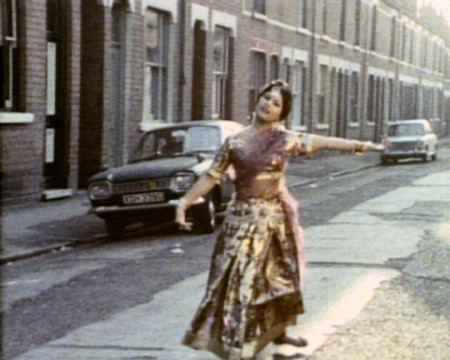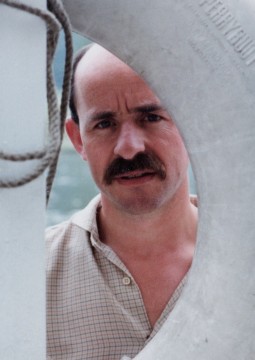The Flatpack Film Festival are going to be screening six 30 minute dramas made at Pebble Mill by the English Regions Drama Department, in April 2016 at the Midlands Arts Centre, Edgbaston:
“SECOND CITY FIRSTS
During the 1970s, a key strength of the drama department at BBC Pebble Mill was its ability to unearth new talent; not just through flagships like Play For Today, but also the entry-point offered by the likes of Second City Firsts. Running from 1973 for ten series, this half-hour slot took a chance on a spectacular range of ‘regional talent’ including Willy Russell, Julie Walters, David Rudkin, Brian Glover and many others. Just as importantly, it offered a diversity of representation that often compares favourably with today’s TV drama.
Volume One:
A Touch of Eastern Promise; Girl; Early to Bed
A Touch of Eastern Promise (1973), is not officially a Second City First, though it emerged from a very similar slot. Written by Tara Prem, it’s the tale of a daydreaming shop-boy who has the opportunity to meet his favourite star. Partly shot in Balsall Heath, all the cinema scenes were captured at the now-demolished Imperial on Moseley Road. To follow, an Alison Steadman double-bill: studio-shot military drama Girl (1974), which features the first lesbian kiss seen on British TV; and then Early to Bed (1975), with Steadman smouldering on location in a depressed mill town. This claustrophobic tale of infidelity was the first television script by Alan Bleasdale, who later went on to Boys From the Blackstuff and GBH.
Volume Two:
The Permissive Society; Club Havana; Jack Flea’s Birthday Celebration
It was at the Midlands Arts Centre where Mike Leigh first embarked on his unique approach to devising scripts, and Pebble Mill which commissioned much of his early TV work. Made a year before camping comedy Nuts in May, The Permissive Society (1975) is an overlooked gem. Also confined to a single set, Club Havana (1975) is a tense portrait of a Handsworth speakeasy by playwright Barry Reckord, featuring Don Warrington as the landlady’s son newly arrived from Jamaica and an incredibly young Julie Walters as the barmaid. We conclude with Jack Flea’s Birthday Celebration (1976), a psychosexual nightmare from the pen of Ian McEwan which is very much in keeping with his short stories of the time.”




